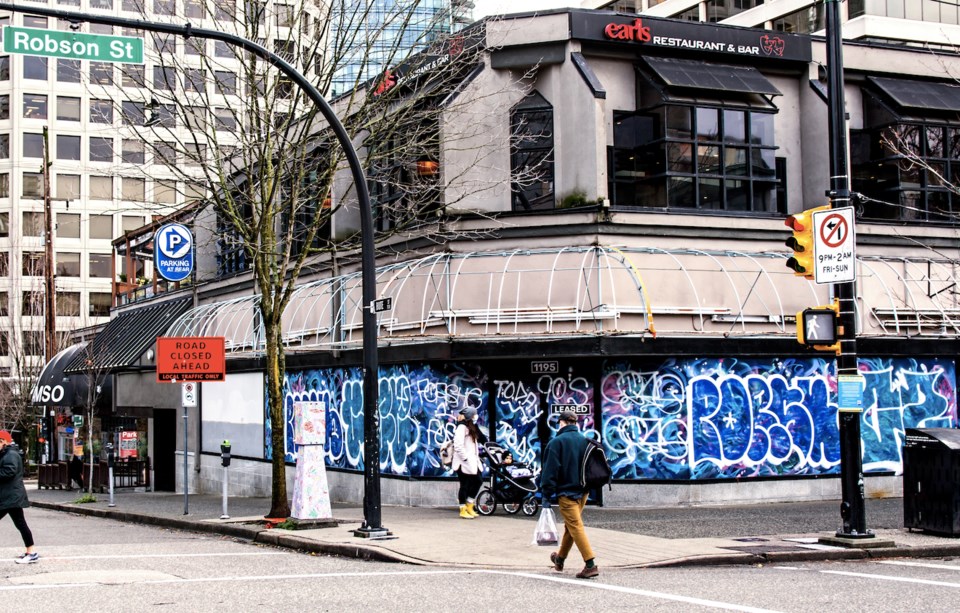The federal government restored wage and rental relief for businesses in a fiscal update tabled November 30, but the Canadian Federation of Independent Businesses (CFIB) warns that higher taxes are coming early in 2021.
Finance Minister Chrystia Freeland revealed Monday during a fiscal update in the House of Commons that the Canadian Emergency Wage Subsidy (CEWS) would be restored to 75 per cent after being peeled back a few months ago.
The CEWS program originally covered up to 75 per cent on the first $58,700 an employee earns — or a maximum of $847 a week — before it was slated to decline at a staggered rate through to December.
The feds froze the rate in October before Freeland announced November 30 that
It will jump back to 75 per cent beginning December 20 and will stay at that rate through to March 13, 2021.
The government has also confirmed that the Canada Emergency Rent Subsidy (CERS) will remain at current levels until June of 2021. The base subsidy rate is a maximum of $75,000 in eligible expenses per location and an overall maximum of $300,000 in expenses for any affiliated entities.
A specific lockdown support measure offers to cover up to 25 per cent of expenses for the days a business was forced to close by health authorities.
Tourism, hospitality and air travel, which have all been particularly damaged by the impacts of COVID-19, will be among those businesses also able to tap Ottawa’s new Highly Affected Sectors Credit Availability program. It will offer eligible businesses loans of up to $1 million, with a 10-year term. The money will be lent by private lenders, but guaranteed by the federal government
Freeland said the government will commit 3 per cent to 4 per cent of GDP over three years to boost the country’s economy once the pandemic has subsided.
The cost of that spending is pegged at between $70 billion and $100 billion.
To date, the federal government has earmarked more than $320 billion in direct spending to fight the pandemic since the spring.
The program offers 100 per cent government-guaranteed financing and provide low-interest loans of up to $1 million over terms of up to 10 years.
The CFIB said it welcomed the increased and returned assistance to business, particularly the extension of the emergency rent subsidy and the wage relief.
But the federation has also urged Ottawa to delay the planned Canada Pension Plan (CPP) premium increase and higher carbon taxes, both set to come in January 1, 2021.
CPP premiums will rise by 3.8 per cent and, for those at or near the maximum pensionable earnings of $60,000, there will be 9 per cent increase in premiums. The federal carbon tax is also set to increase in April 2021 the CFIB noted.
“These added costs will make it even harder for businesses to hire staff, make investments they have had to put off as a result of COVID-19 and get back to normal as quickly as possible. Delaying these tax increases should be a priority in the days ahead,” according to a CFIB release November 30.
– With files from Tyler Orton, Business in Vancouver



